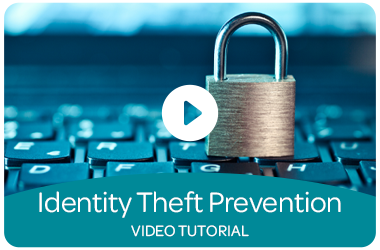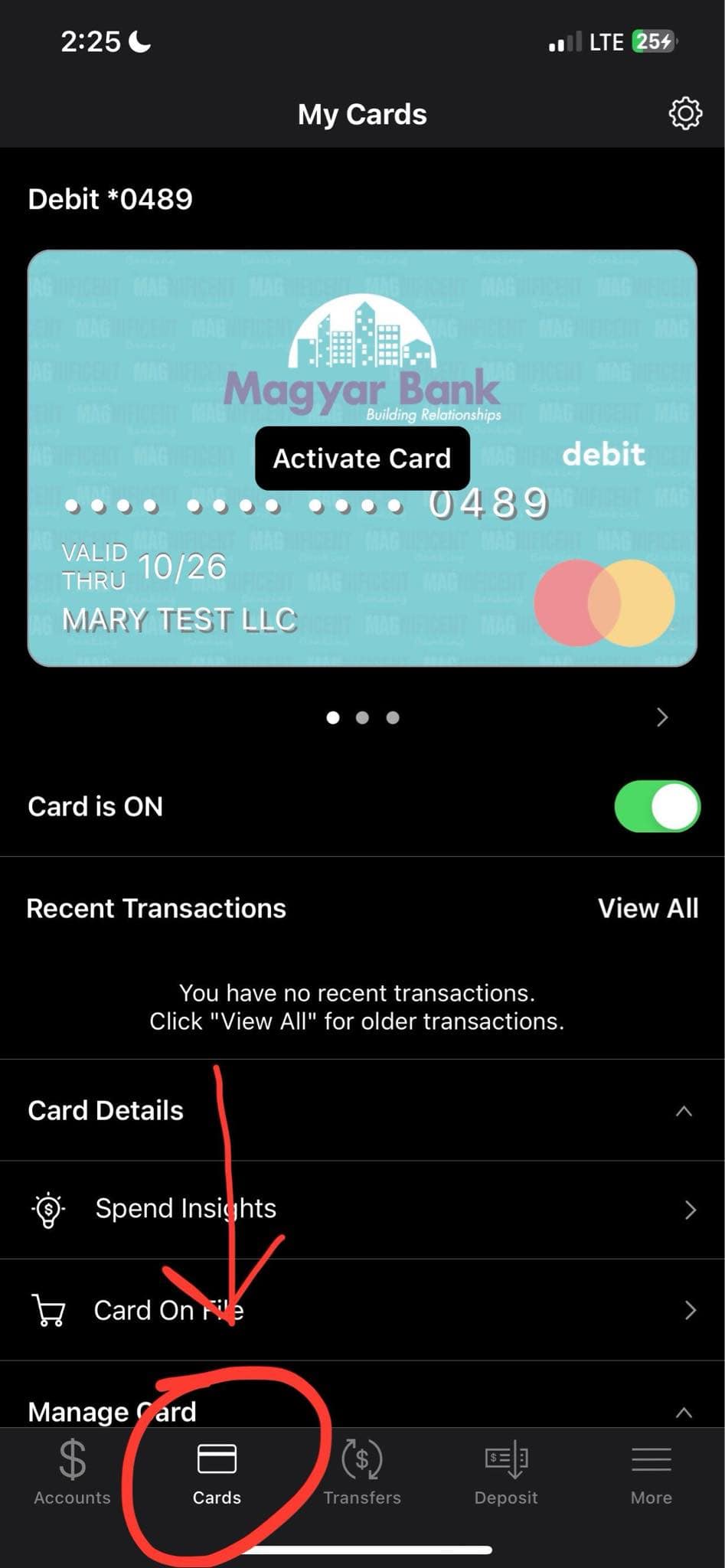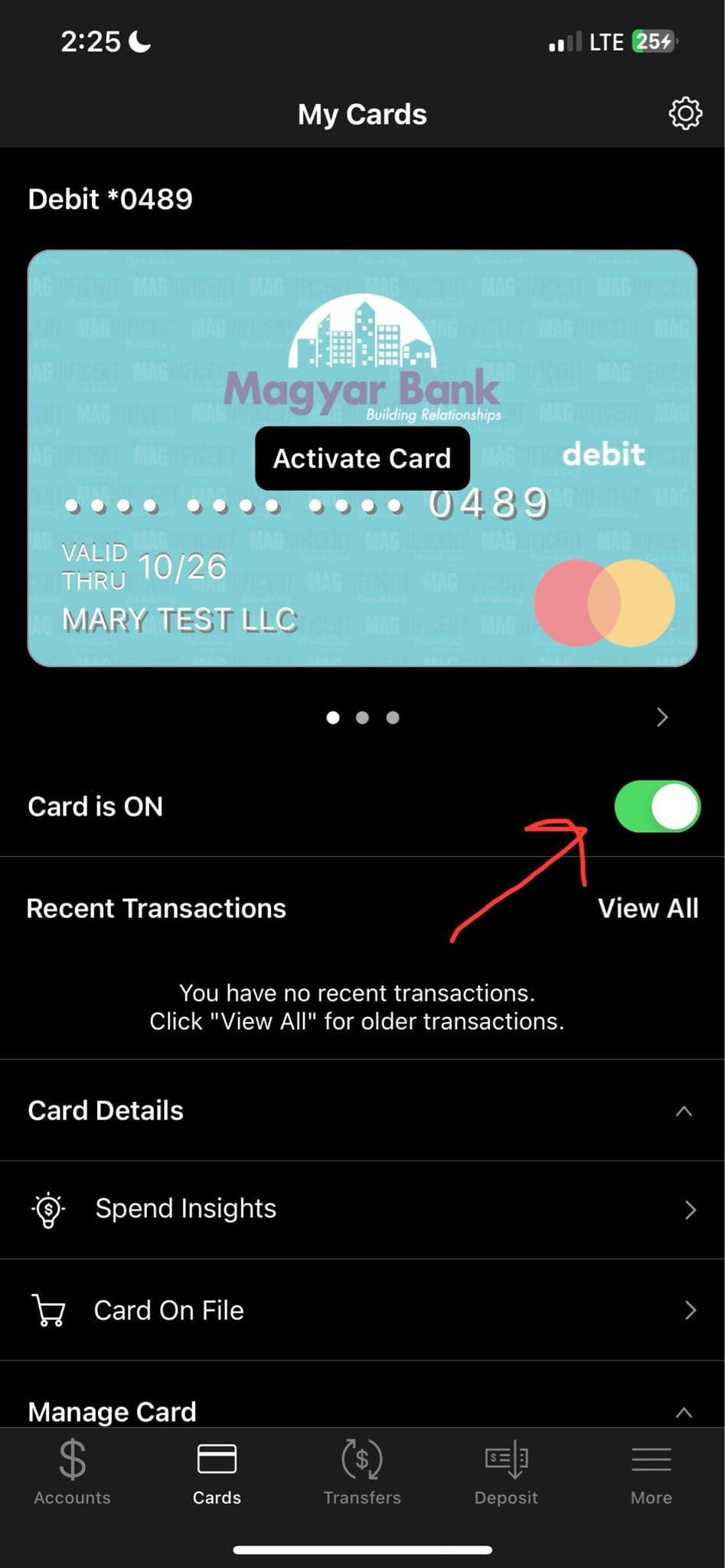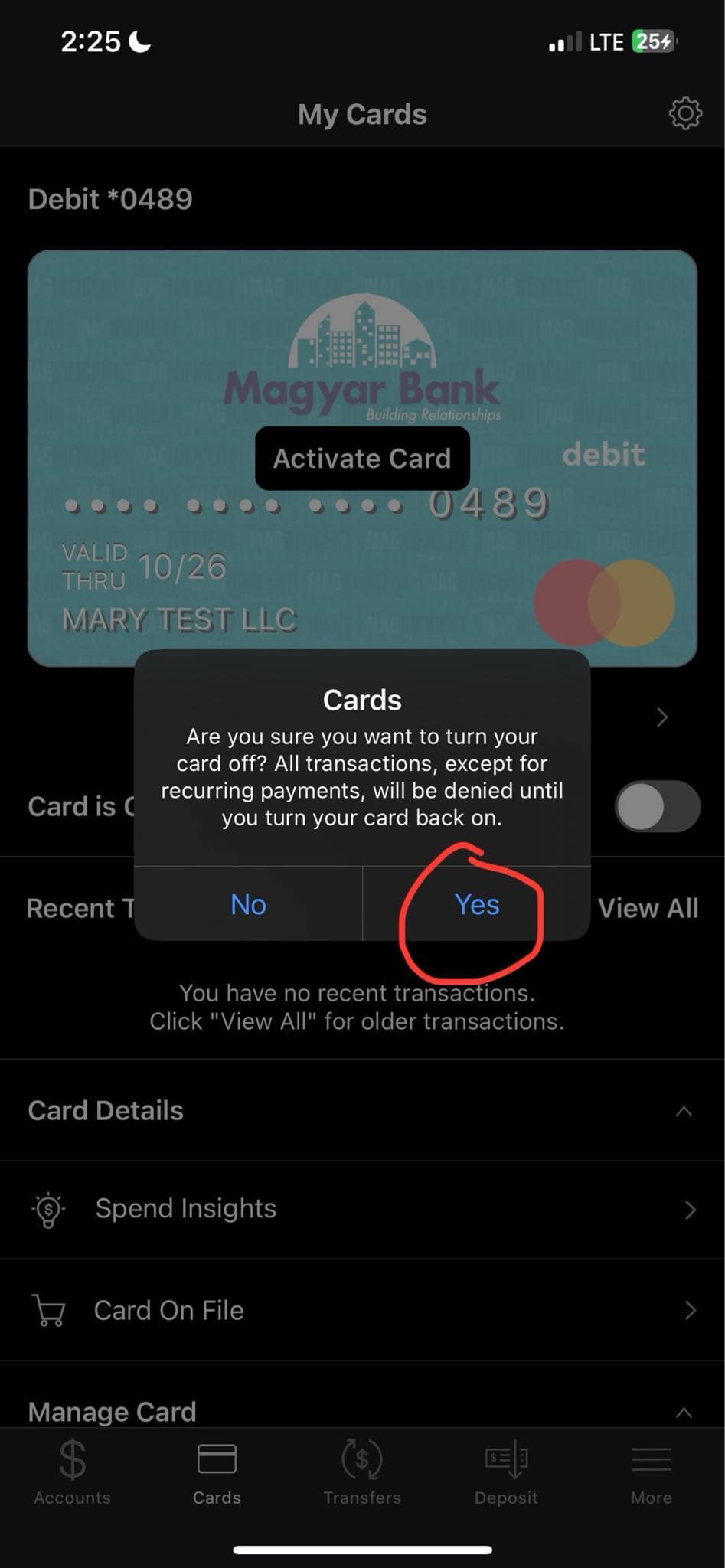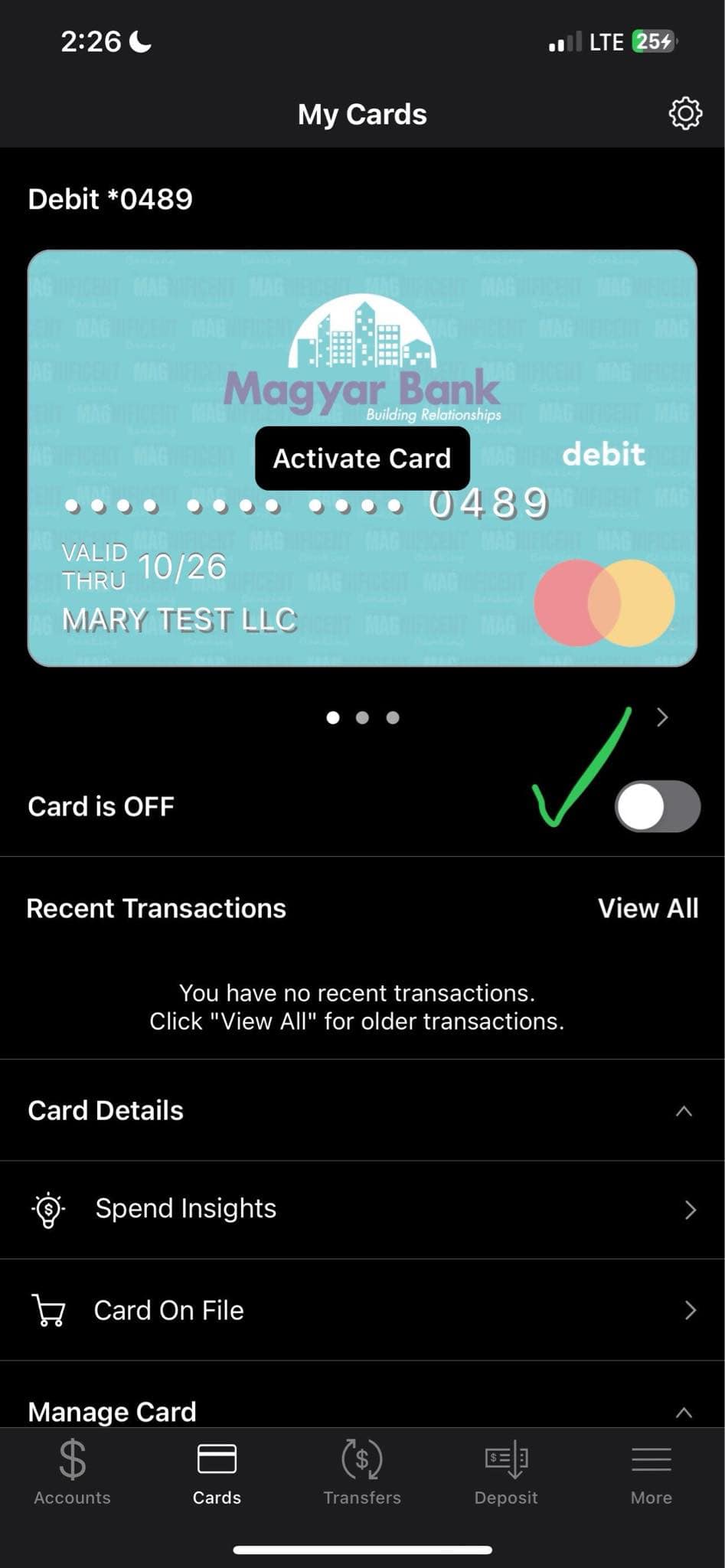Phishing & Spoofing Scams
Phishing (pronounced fishing) is a scheme used to lure consumers into providing personal and financial information online.
Individuals or groups who commit fraud in this manner do so by creating email messages that masquerade as messages from reputable banks, credit card companies, online auctions, and department stores. The email messages include a link to a fraudulent site known as a spoof site that’s crafted to look just like the reputable company’s site.
The spoof site then asks consumers to provide or update their personal information. When consumers provide the requested information to the spoof site, the consumer is phished and becomes at risk for account theft, identity theft and computer infection.
The typical objective of this scheme is to obtain the following information:
- Social Security numbers
- Credit card and/or ATM/debit card numbers
- Click here for more safety tips on how to protect your information while using the ATM
- Password or PIN
- Bank account numbers
- Online banking log-in/password information
If you receive any unusual email requests that appear to be from Magyar Bank, remember that no one at Magyar Bank will ever ask you for a password, credit card number, account number or social security number via email.
If you receive a fraudulent email, you should forward it immediately to customerservice@magbank.com or call 1.888.990.BANK. This email address is solely intended to address issues related to online fraud targeting Magyar Bank. Please do not use this email for general questions about your account.
If you believe you have given out personal information in response to a fraudulent email, you should immediately call 1.888.990.BANK and request that an alert be placed on your account.
A good rule of thumb is to only provide the personal information when you initiate an application, an online transaction, or sign-in to your account through the normal process.

